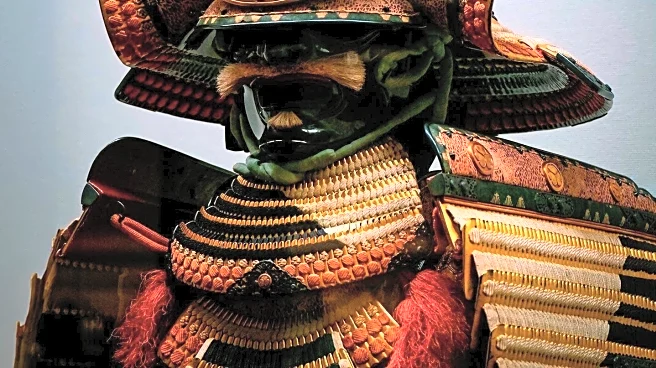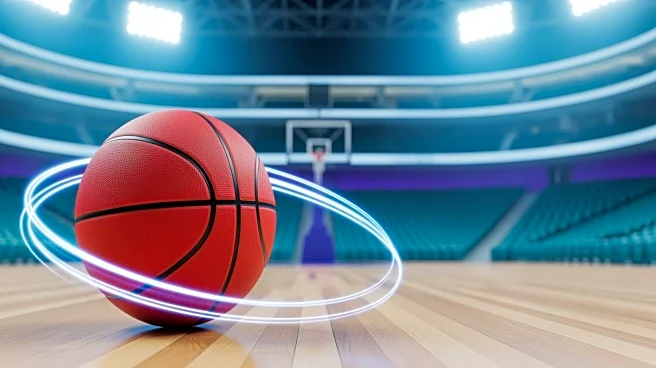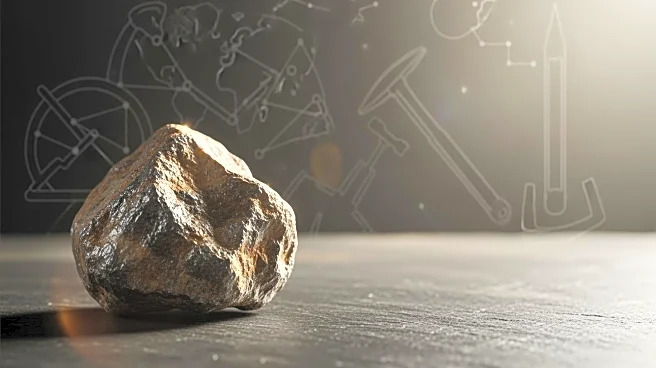What is the story about?
What's Happening?
Researchers from Tohoku University in Japan have conducted a randomized controlled trial examining the effects of Rei-ho, a mindful practice rooted in ancient Japanese samurai traditions. The study involved 34 healthy adults over the age of 20, who were divided into two groups. One group continued their daily activities, while the other practiced Rei-ho exercises, including squats and sit-to-stand movements, for five minutes a day, four days a week. After three months, the group practicing Rei-ho showed a significant 25.9% increase in knee extension strength, compared to a 2.5% increase in the control group. The study suggests that Rei-ho could be particularly beneficial for seniors, potentially reducing the risk of falls and injuries by strengthening the knees.
Why It's Important?
The findings of this study are significant as they offer a simple, equipment-free exercise routine that could help address the public health concern of declining muscle strength and physical fitness among seniors. As muscle strength diminishes with age, conditions such as sarcopenia and frailty become more prevalent, often exacerbated by sedentary lifestyles. The study highlights the potential of traditional practices like Rei-ho to improve lower limb strength, which is crucial for mobility and independence in older adults. This could lead to broader adoption of such practices in senior care and wellness programs, promoting healthier aging and reducing healthcare costs associated with fall-related injuries.
What's Next?
While the study involved younger adults, researchers speculate that older individuals may benefit most from the findings. Future research could focus on conducting similar trials with senior participants to validate the effectiveness of Rei-ho in this demographic. Additionally, there may be interest in integrating Rei-ho into physical therapy and rehabilitation programs for seniors, potentially leading to collaborations between healthcare providers and cultural institutions to promote this practice. As awareness grows, Rei-ho could become a popular exercise routine among seniors seeking to maintain their independence and physical health.
Beyond the Headlines
The study underscores the value of traditional health practices in modern society, offering a unique cultural experience alongside physical benefits. As interest in holistic and mindful approaches to health grows, practices like Rei-ho may gain traction beyond Japan, appealing to those seeking alternative methods for maintaining physical fitness. This could lead to increased cultural exchange and appreciation for ancient traditions, fostering a deeper understanding of the benefits of mindfulness and deliberate movement in daily life.
















